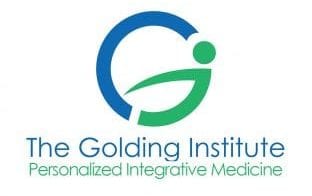
CATEGORY:
Certificate in Integrative Medicine, Courses
Integrative Clinical Immunology
Course Access: 550 days access
GBP 5400
Course Overview
A sound knowledge of the immune system is of paramount importance to the Integrative Medicine practitioner due to the following factors that need to be both understood and implemented into practice:
- The incidence of autoimmune diseases is on the rise
- Gluten sensitivity (not only celiac disease states) increases the risk for “leaky gut syndrome” and autoimmune disease states
- Predominantly Th2 immune system responses are common with aging people and this leads to an increased incidence of allergies, autoimmune disease states as well as cancers
- Immune deficiency states, such as inherited immune deficiency states, and acquired like HIV infection, need an integrated approach to manage best
- Gut flora is of great importance to maintaining immune system and overall health
- Only in Integrative Medicine can Gut health be addressed appropriately to restore overall immune quality and health
- Most disease states begin in the gut and it is not surprising that the gut hosts the major part of our immune systems
- It is important to understand the differences in th1 and Th2 immune system responses and the cytokines responsible for each of them
- Certain “immune interventions” can be put in place with integrative medicine modalities to restore immune system health
- Understanding an Integrative approach to autoimmune diseases, asthma, allergies and aging per se will be learned in this module
- Inflammatory changes in the body begins in the gut and an approach to inflammation and an approach to immune surveillance is important.
Module Learning Objectives:
- To understand the anatomy and physiological make up of the immune system
- To have an understanding of the immune system on a Th1 and Th2 level
- To understand the significance of lymphatic drainage to maintain optimum health
- To have an understanding of the integrative approach to autoimmune disease states
- To understand how detoxification is vital to maintain an optimum immune system
- To understand the environmental toxicity relevance to autoimmunity and immune toxicity
- To understand how dietary interventions can improve immune system functioning for example anti-inflammatory diets for autoimmunity and gluten free diets for autism spectrum disorder and celiac disease
- To understand some of the major cytokines involved in the immune system
- To understand vitamin d’s role in the prevention of cancers such as breast cancer, prostate cancer, lymphoma and colon cancer
- To understand the role of iodine in autoimmune thyroid disease states
- To realize the importance of low dose naltrexone in the management of autoimmunity
